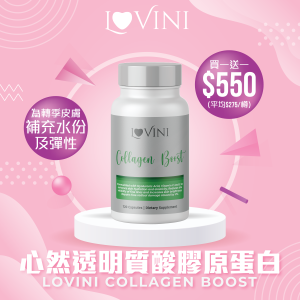Lovini.com, 美肌營養
膠原蛋白知多啲! | Know Your Ingredients: Collagen
Are you longing for a vibrant, youthful complexion? Look no further than collagen—the ultimate beauty booster! Collagen is the natural protein that gives our skin its firmness, elasticity, and that enviable glow. If you’re curious about how collagen can transform your skin, we’ve got you covered. Join us on this exciting journey as we unravel the wonders of collagen and unlock the secrets to achieving radiant, age-defying skin!
What are the Benefits of Collagen?
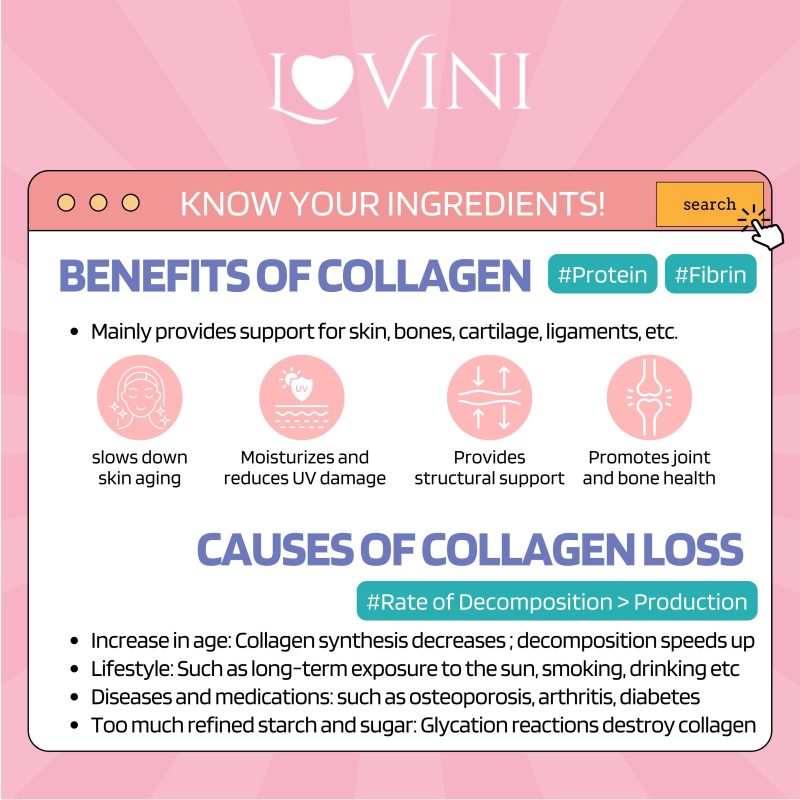
Collagen is a protein that is naturally produced by the body and plays a crucial role in the structure and health of various tissues, including the skin, bones, tendons, ligaments, and cartilage. It provides support, strength, and elasticity to these tissues. Incorporating collagen into your diet or using collagen supplements can offer several potential benefits:
- Slows Down Skin Aging: Collagen is a major component of the skin and helps maintain its firmness and elasticity. Supplementing with collagen may help reduce the appearance of wrinkles, promote skin hydration, and support overall skin health.
- Joint Health and Flexibility: Collagen provides structure to the joints and helps maintain their integrity. As we age, natural collagen production declines, which can lead to joint stiffness and discomfort. Taking collagen supplements may help support joint health, reduce joint pain, and improve flexibility.
- Bone Health: Collagen is a key component of the bones, giving them strength and structure. Consuming collagen may help support bone density and prevent age-related bone loss, reducing the risk of conditions like osteoporosis.
What are the Causes of Collagen Loss?
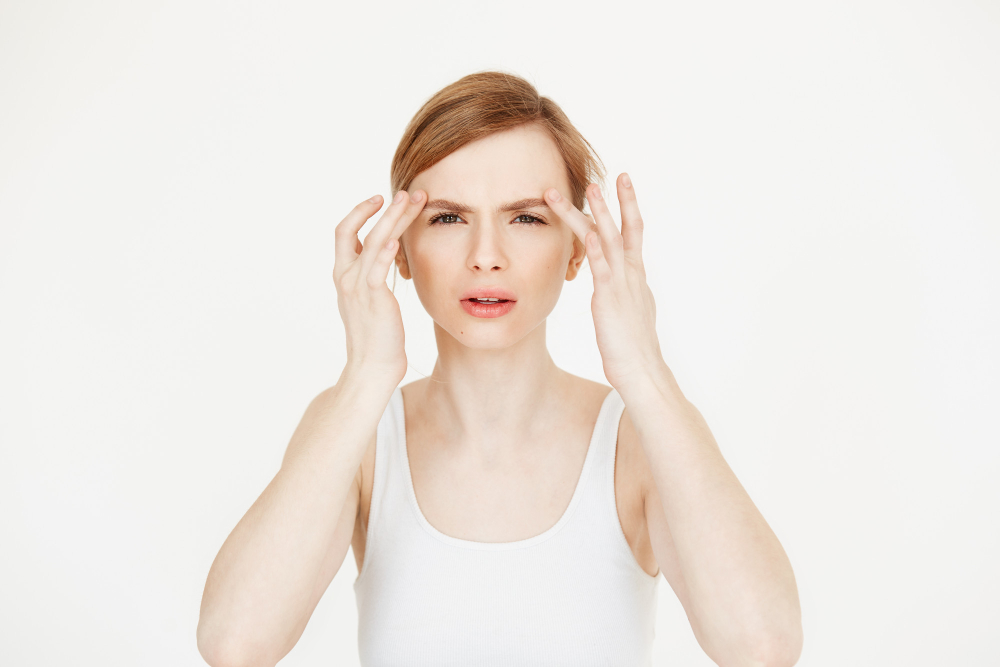
Collagen loss can occur due to various factors, both intrinsic (internal) and extrinsic (external). Here are some common causes of collagen loss:
- Aging: As we age, the natural production of collagen in the body declines. This reduction in collagen synthesis leads to the gradual loss of collagen in the skin, bones, and other tissues, resulting in visible signs of aging such as wrinkles, sagging skin, and joint stiffness.
- Lifestyle Factors: Certain lifestyle choices can contribute to collagen loss. These include smoking, excessive alcohol consumption, poor nutrition, a high-sugar diet, and chronic stress. These factors can disrupt collagen synthesis and promote its degradation.
- Certain Medical Conditions: Certain medical conditions can affect collagen production and contribute to collagen loss. For example, autoimmune diseases like rheumatoid arthritis and lupus can cause inflammation that damages collagen in the joints and tissues.
- High sugar intake can contribute to collagen loss and accelerate the aging process. When sugar molecules bind to proteins in the body, it can lead to the formation of harmful compounds called advanced glycation end products (AGEs). This process, known as glycation, can accelerate collagen degradation and contribute to the development of wrinkles, sagging skin, and reduced elasticity
Where are the Sources of Collagen?
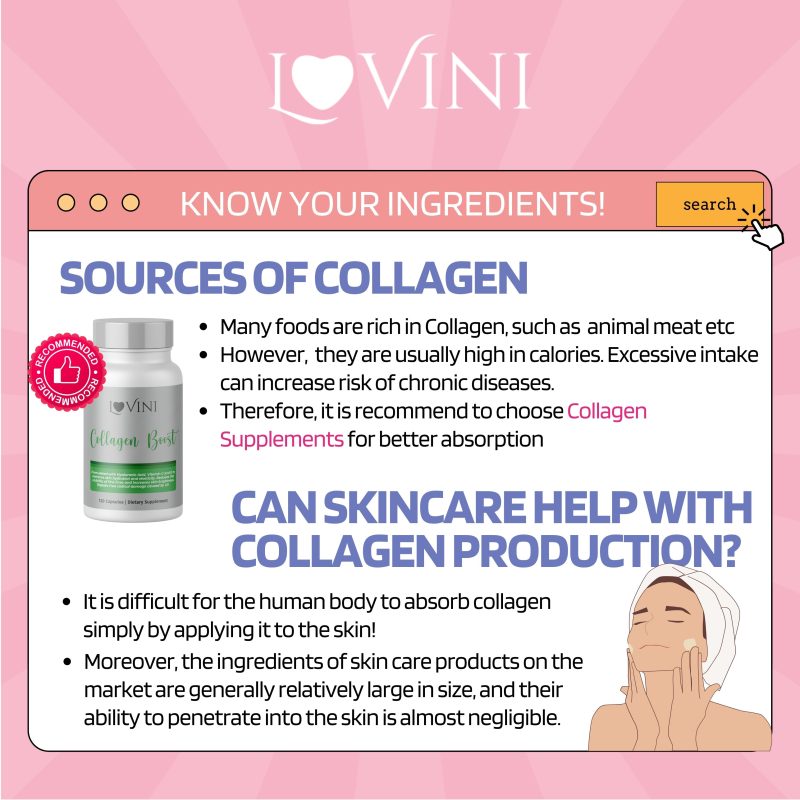
It’s important to note that collagen supplements are typically derived from animal sources. However, they are usually high in calories. Excessive intake can increase risk of chronic diseases. Therefore, it is recommend to choose Collagen Supplements for better absorption
Can Skincare Help with Collagen Production?
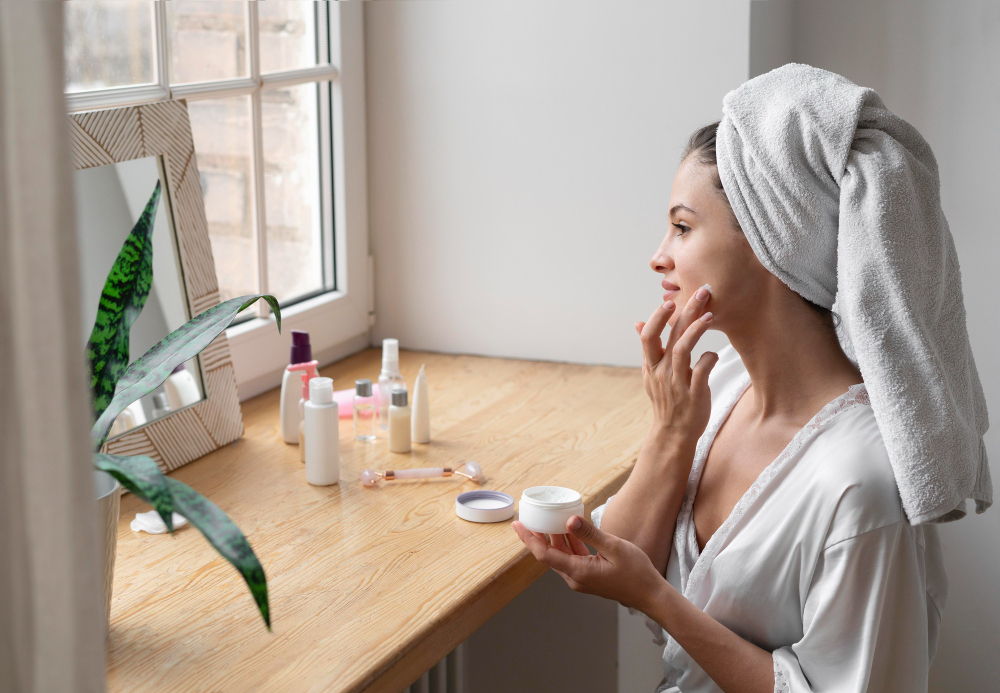
It is difficult for the human body to absorb collagen simply by applying it to the skin. Moreover, the ingredients of skin care products on the market are generally relatively large in size, and their ability to penetrate into the skin is almost negligible.
However, Skincare can play a role in supporting collagen production and maintaining collagen health. While skincare products cannot directly increase collagen levels in the body, they can help create an environment that supports collagen synthesis and protects existing collagen from damage.
How to Increase Collagen Synthesis?
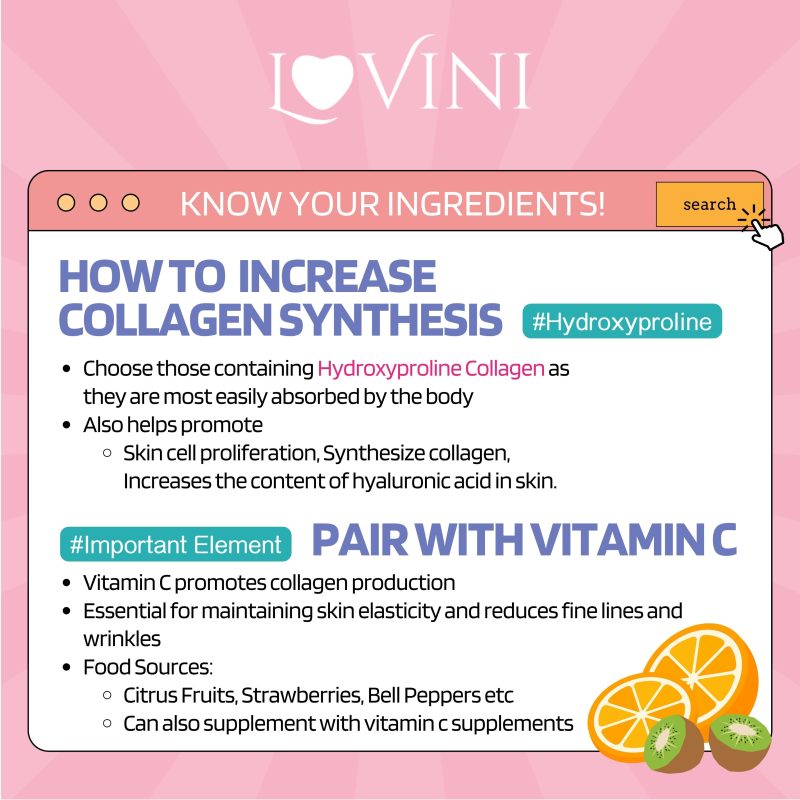
- Choose supplements that contain Hydroxyproline Collagen as they are most easily absorbed by the body. It also helps promote Skin cell proliferation, Synthesize collagen, Increases the content of hyaluronic acid in skin.
- Pair with Vitamin C as Vitamin C promotes collagen production, which is essential for maintaining skin elasticity and reduces fine lines and wrinkles.


